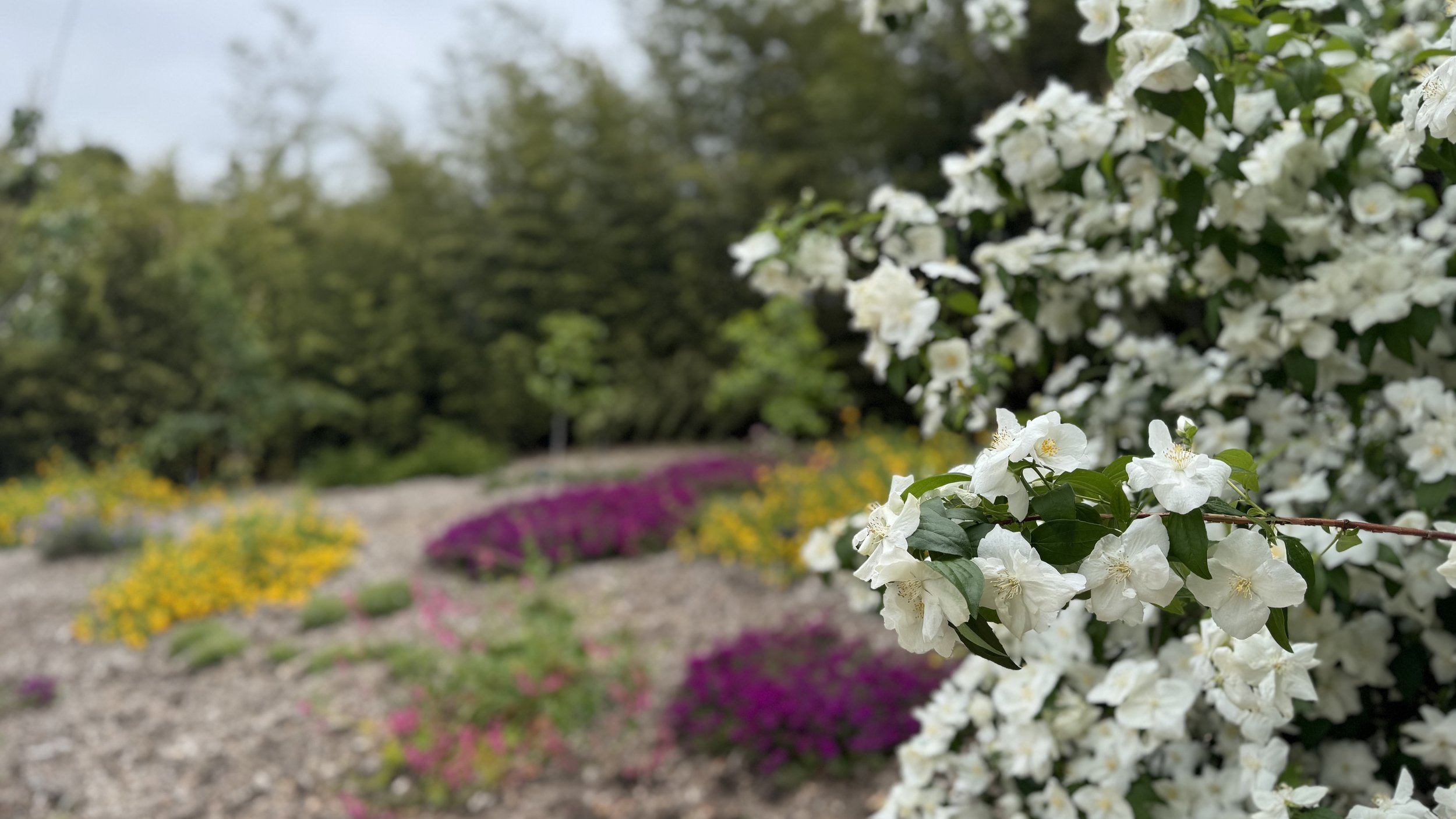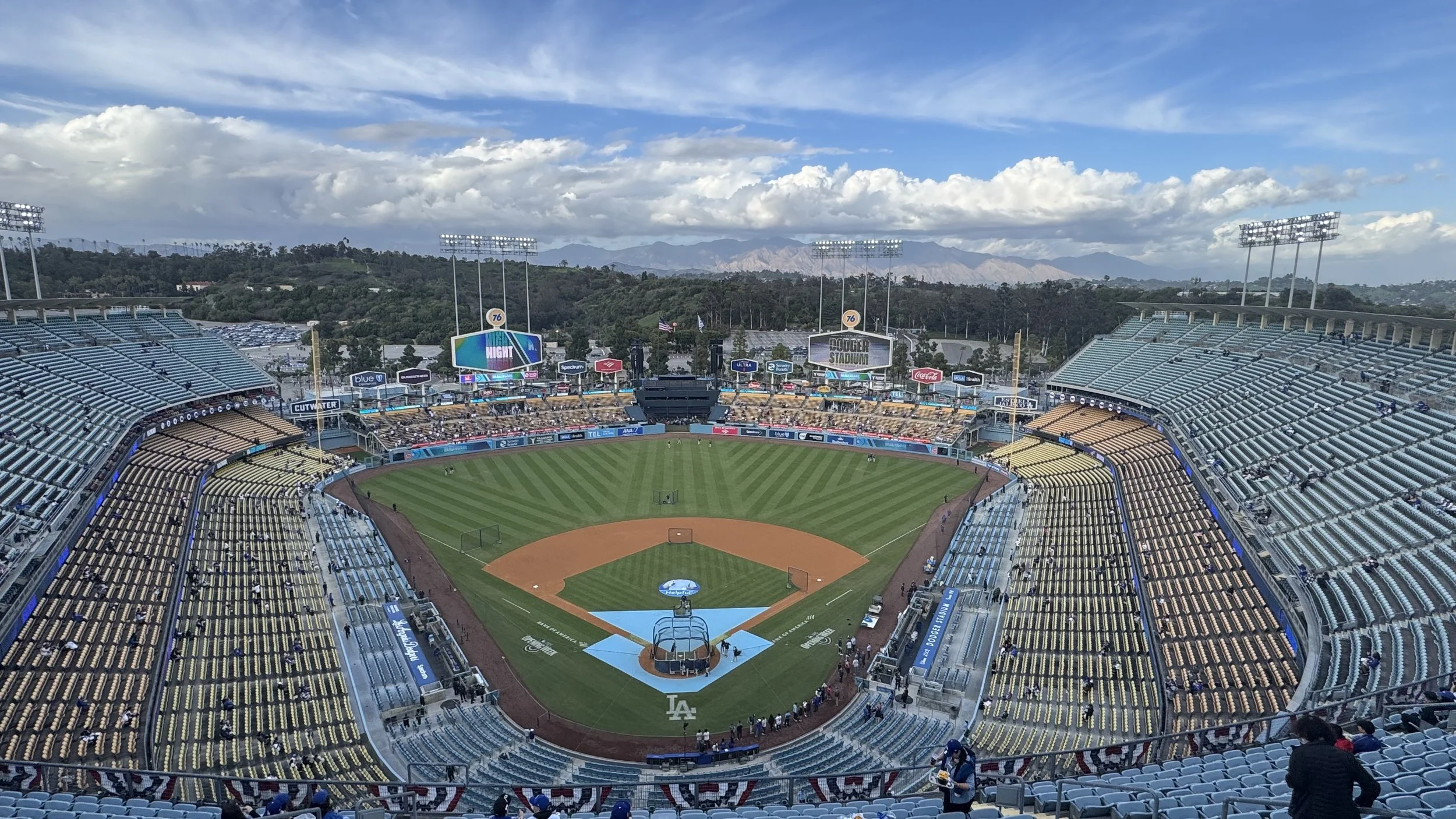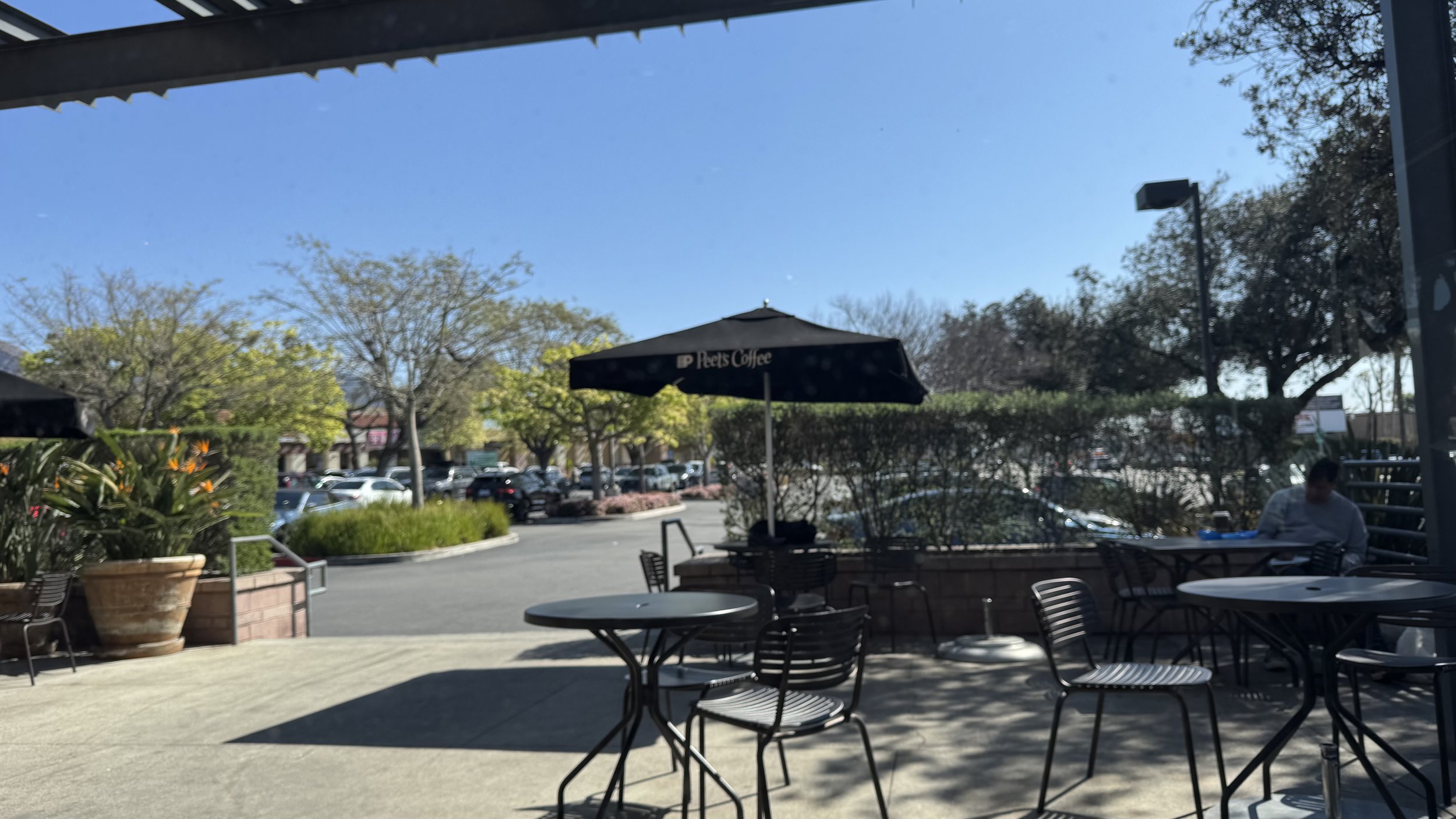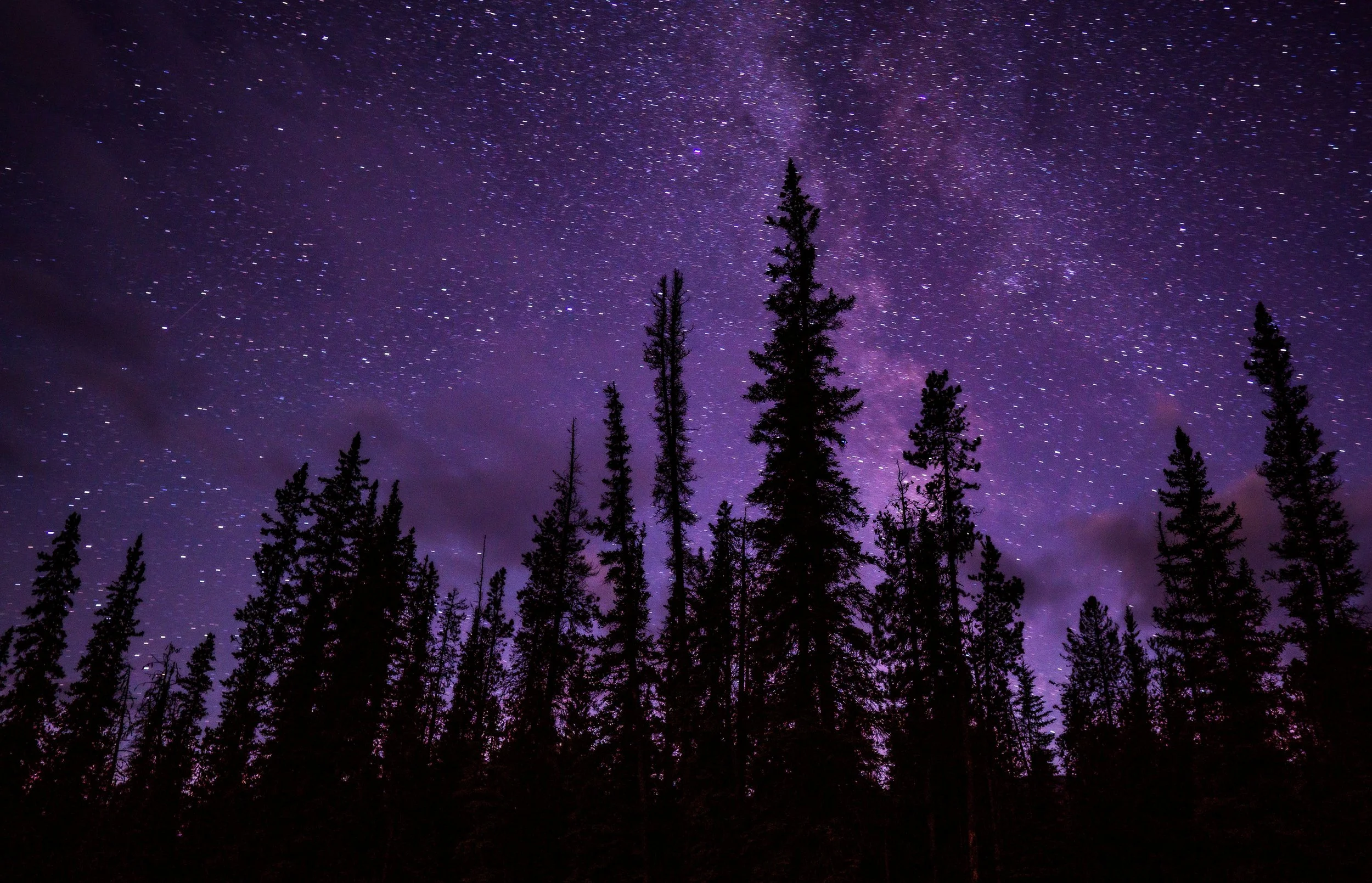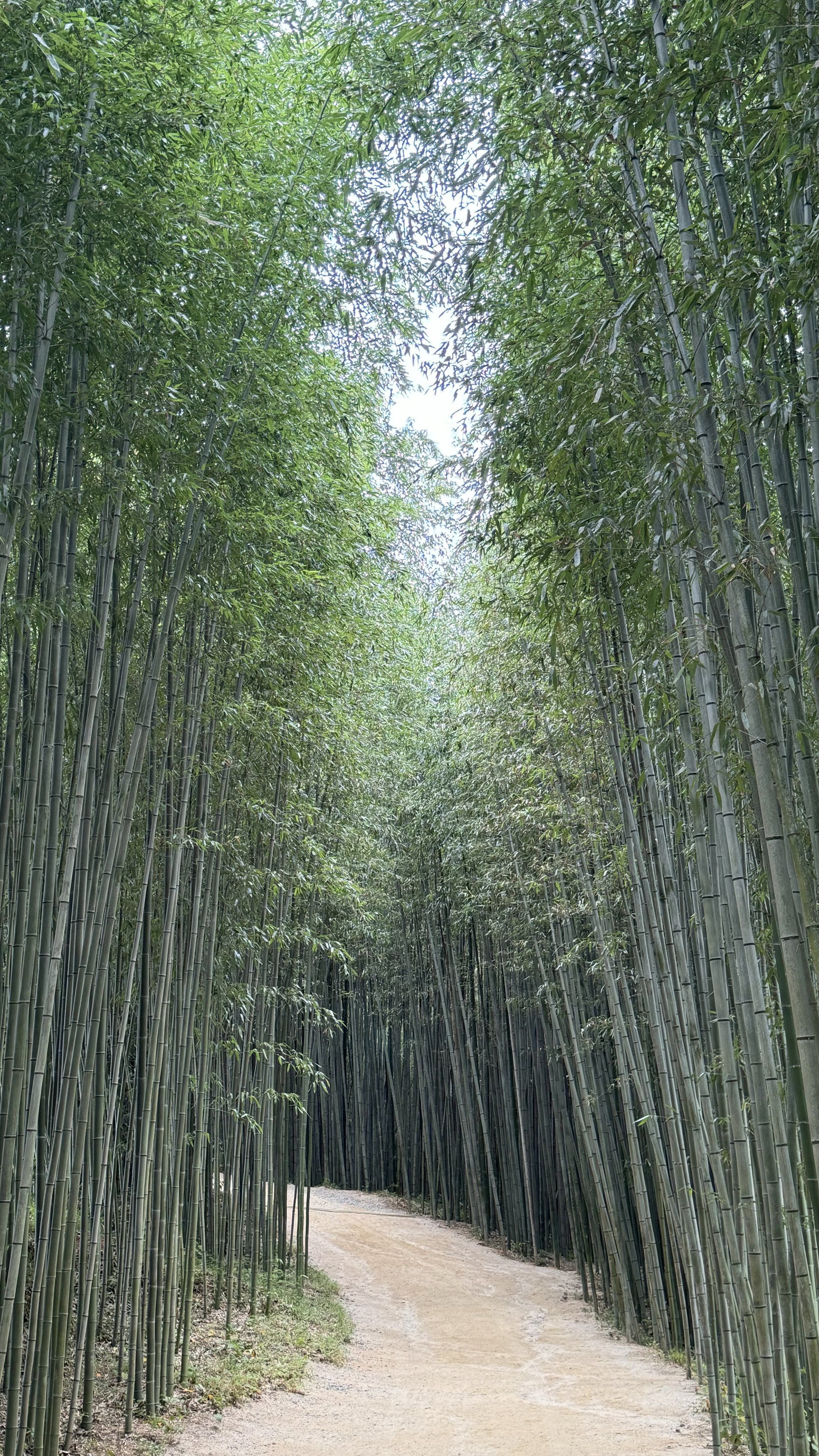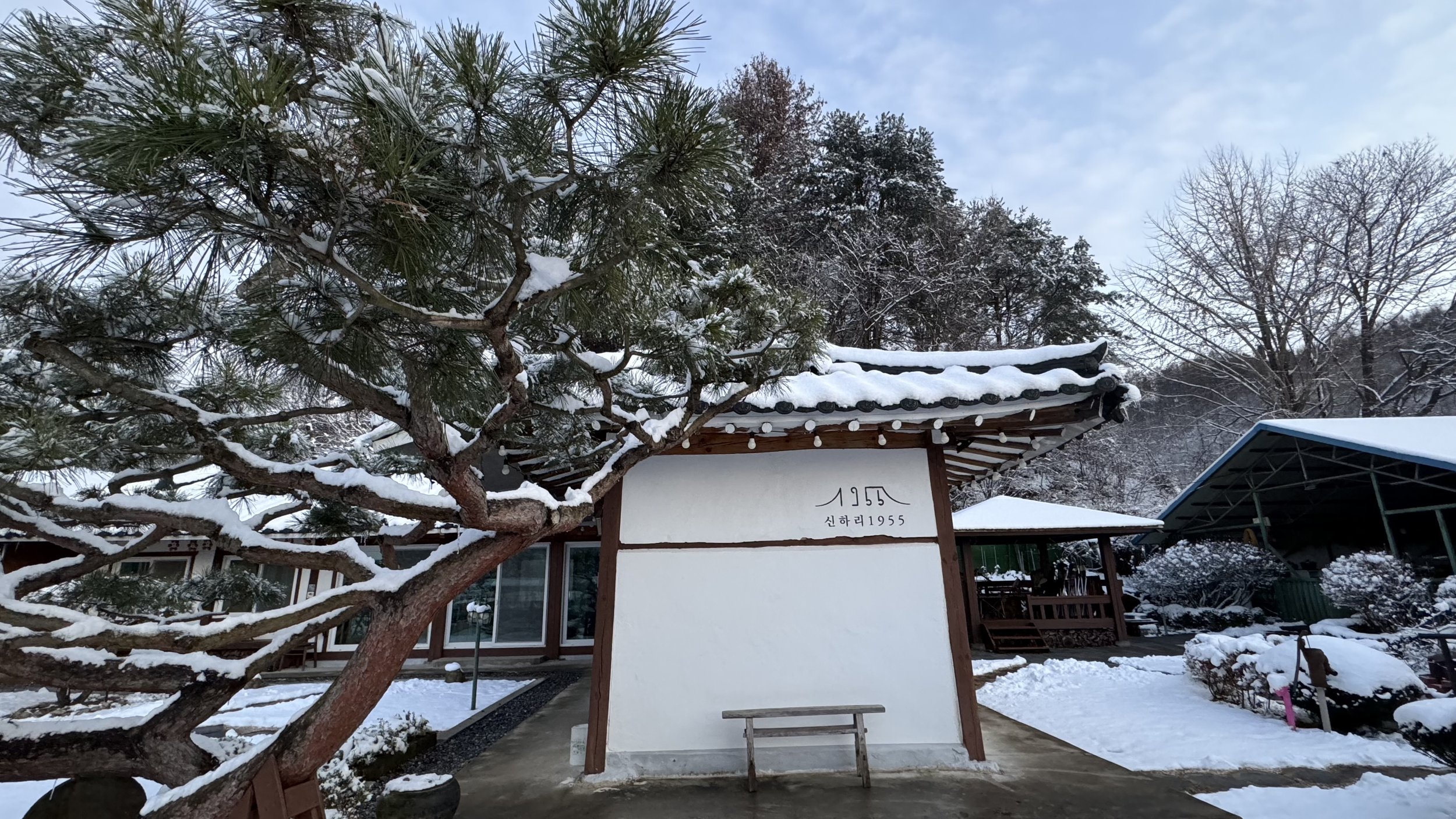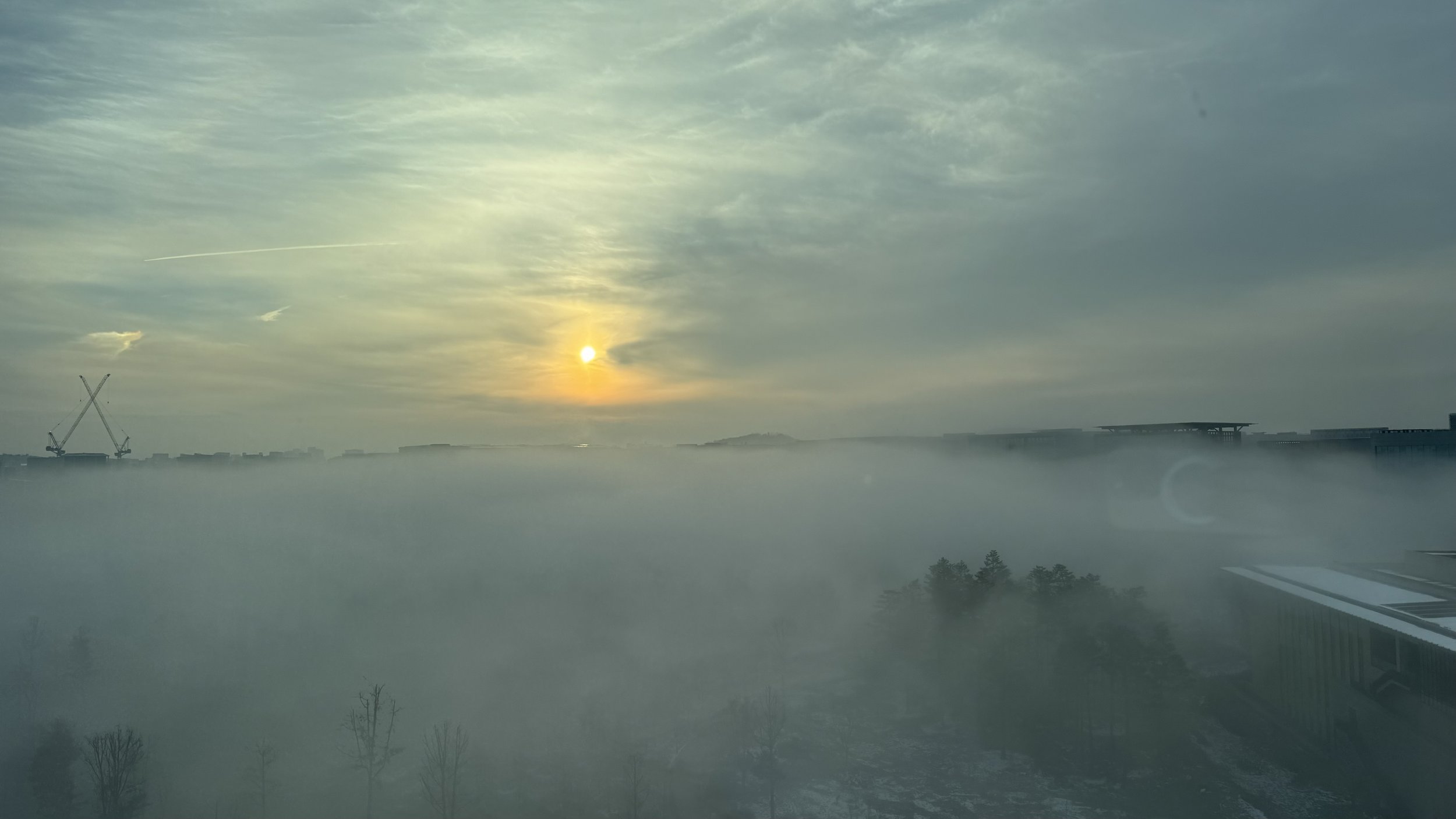LOVE, HOLD, AND LET GO
The Camino de Santiago still calls my name. I know it because my heart aches with longing whenever I think of the pilgrimage. Our original grand plan was to pilgrimage on the French Way in the spring of 2020, which was the beginning of my much-anticipated one-year sabbatical. Not only did COVID-19 hit the world, but my dad passed in March of 2020. We might have still gone ahead, but my dad’s funeral coincided with the national declaration of the COVID-19 pandemic. I had planned to do a 40-day pilgrimage followed by a visit to the Taizé community, which remains a tender spot in our hearts.
We purchased lightweight walking sticks and the widely acclaimed best guidebook, but most importantly, the shoes. After spending hours watching YouTube and studying the French Way, I became well aware of the terrains, routes, and climates, not to mention the various types of lodging along the journey. Our next purchase would be backpacks that would serve us well. A generous family provided us with sufficient funds to cover the extended European trip, which we received as God’s confirmation.
After more than thirty years of predictable roles as missionaries based out of Pasadena, California, raising our family and serving the world, the last six years have been nothing short of a pilgrimage, a pilgrimage of life.
As one of the assignments for my ongoing training in spiritual direction school, we were to watch the movie, Of Gods and Men. This might have been my third or fourth time watching. The movie, based on a true story, depicts an order of French Trappist monks in Algeria during the turbulent civil war of the 1990s. (In case you haven’t watched it, I do not want to spoil it, so I will not go into details.) They, too, were pilgrims not only in Algeria but in life as well. Their respect for the host Muslim culture, from the God-fearing to the extremists, and their love for the peoples, is a beautiful and moving human drama. With the zealous extremists on the rise, the movie captures how they navigated their own sense of calling and God’s guidance, ultimately, whether to stay or leave. The discernment process between the individual and the communal is interwoven with freedom, compassion, and courage.
As pilgrims in life (if I can say that), they portray God and their state of being in acceptance of a God who is not fully known, their views of life filled with contradictions, yet imbued with hope and certainty. Here, the certainty does not stem from knowing everything but arises from doubt. The contradictions and paradoxes are not frustrating but mystical and freeing, relinquishing any sense of control. For all the monks, the ultimate discernment came down to what they love: one another, the villagers, the strangers, and God.
I was reminded of an excerpt from Mary Oliver’s In Blackwater Woods.
To live in this world
you must be able
to do three things:
to love what is mortal;
to hold it
against your bones knowing
your own life depends on it;
and, when the time comes to let it go,
to let it go.
Pilgrims own and possess little. What a pilgrim owns is not about accumulating external treasures, but rather about what one loves and holds close, which, in reality, is paying attention to the interior heart’s treasure. Even then, all of us will be asked to let it—everything, especially what we love and hold as precious—go. Life can be viewed as repetitive episodes of loving, holding, and letting go. And repeat all over again like fits of uninhibited laughter. Then, there will be the ultimate letting go for all. Due to the potential fear or protection from pain, we cannot not love and hold what we love as our loves.
Perhaps one of the greatest life lessons is to learn to love wildly without attachment and to hold close without control. To let it all go is a form of love, freedom. Loving, holding, and letting go are one way to articulate being in union with God.

